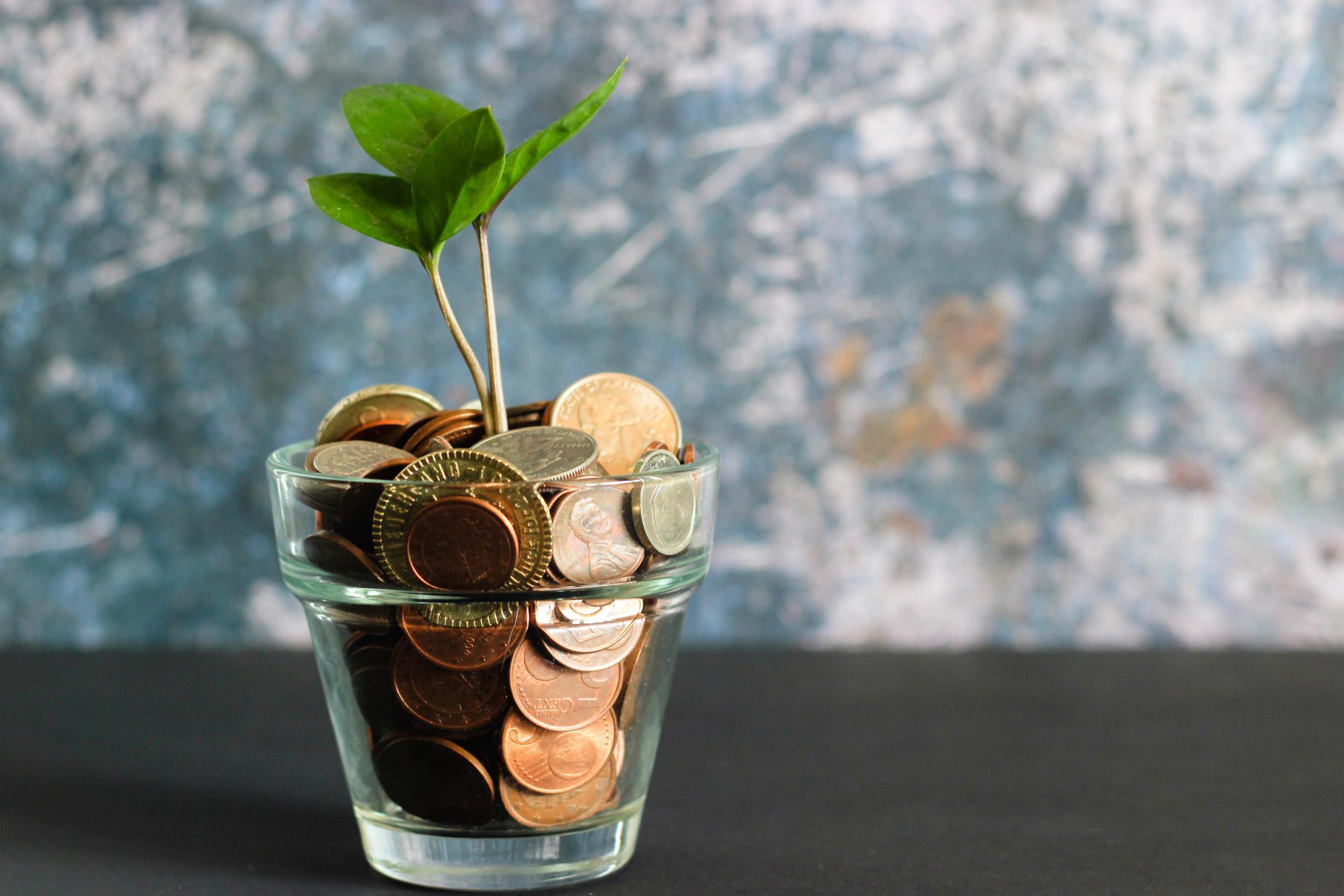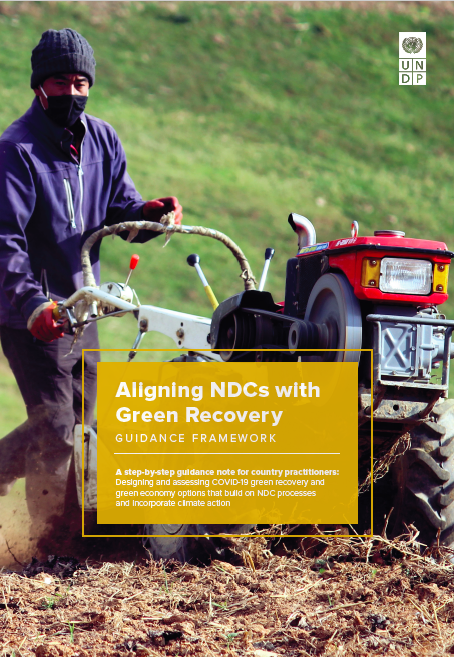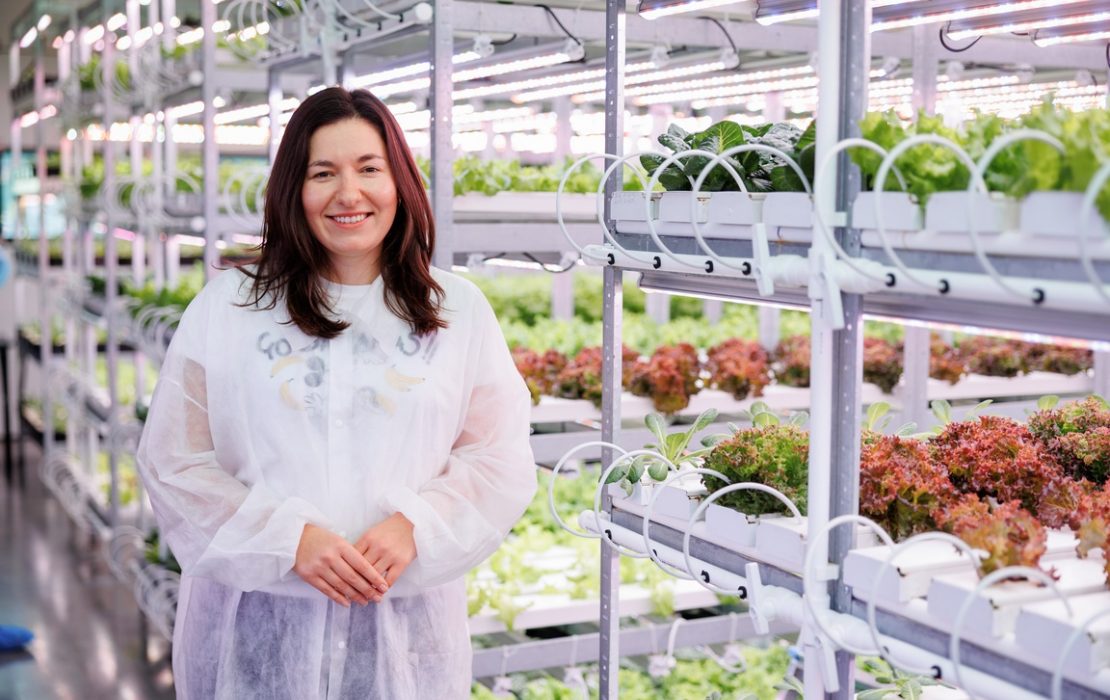
Photo: @Micheile / Unsplash
Two years into the pandemic, the world is still seeing protracted and divergent recovery. According to a recent report published by the World Bank, only one third of emerging market and developing economies will regain their pre-pandemic per capita income by 2022. Developing countries are being further left behind as the pandemic has exacerbated inequalities with and among different societies.
At the same time, the climate crisis is still raging. The latest IPCC report states that half the human population could be exposed to periods of life-threatening climatic conditions arising from heat and humidity. The two crises are clearly interlinked, and the scale and nature of the policy decisions being made now will crucially affect climate outcomes far into the future. The COVID-19 pandemic has been a start reminder that climate action does not work in a vacuum but an understanding of changing and evolving macroeconomic, political, social context is important.
UNDP’s Climate Promise and Green Recovery Support
Against this background, UNDP’s Climate Promise, which is supporting 120 countries to enhance their national climate pledges (NDCs), scaled up its offer to help countries to leverage NDC measures and processes to guide COVID-19 green recovery. More than 80 Climate Promise countries are taking different approaches to leverage their NDC enhancement process to guide COVID-19 recovery efforts. Some countries are using the opportunity of NDC enhancement to identify innovative financing instruments such as debt-for climate swap (e.g. Kyrgyz Republic) which could mobilize necessary revenue for the recovery, while others are identifying and investing in climate measures that contributes to recovery efforts such as economic growth and job creation, with particular focus on supporting livelihoods of those most affected by the COVID-19 pandemic (e.g. Viet Nam).
This demonstrates the unique value of the Paris agreement and its instruments (NDCs, LTS, etc) in guiding COVID-19 recovery. NDCs that are aligned to governments’ national development plans and the Sustainable Development Goals can spur economic growth, technology transformation, job creation and address key social inequalities that are critical for recovery.
As countries work to transform national climate pledges into concrete and ambitious actions in the context of COVID-19, a targeted knowledge and resource is needed to unpack what NDCs and COVID-19 recovery really means and identify strategic entry points.
Guidance Framework: Aligning NDCs with Green Recovery
To help countries to better understand opportunities and challenges of the COVID-19 recovery, UNDP developed a guidance framework that can support countries to design and assess green recovery and green economy options that build on NDC processes and incorporate climate action. It offers recommendations as to when and how certain NDC tools and process can be used to guide COVID-19 recovery. The guidance framework will serve as a one stop shop for all the resources related to NDCs and green recovery.
The framework aims to:
- help practitioners use existing tools to align NDC measures and climate policies with COVID-19 recovery plans and measures and to streamline financing for key programs;
- help formulate processes to develop sustainable recovery plans by guiding the selection of NDC and other climate measures based on their economic, environmental, and social dimensions; and,
- provide practical implementation guidance by addressing political engagement, financial feasibility and monitoring of green recovery plans.

Check out the report: Aligning NDCs with Green Recovery
Check out the web-platform: Step-by-step guidance framework: Canvas for aligning NDCs with green recovery – Learning for Nature
For more information on the guidance framework and UNDP’s support on NDCs & Green Recovery/economy alignment, you may contact Sangji Lee (sangji.lee@undp.org).
Editor's Note: This product was developed under UNDP’s Climate Promise as part of the NDC Support Programme, in contribution to the NDC Partnership, with generous funding from the governments of Germany, Sweden, Spain, Italy, the European Union, and UNDP’s other core contributors.

